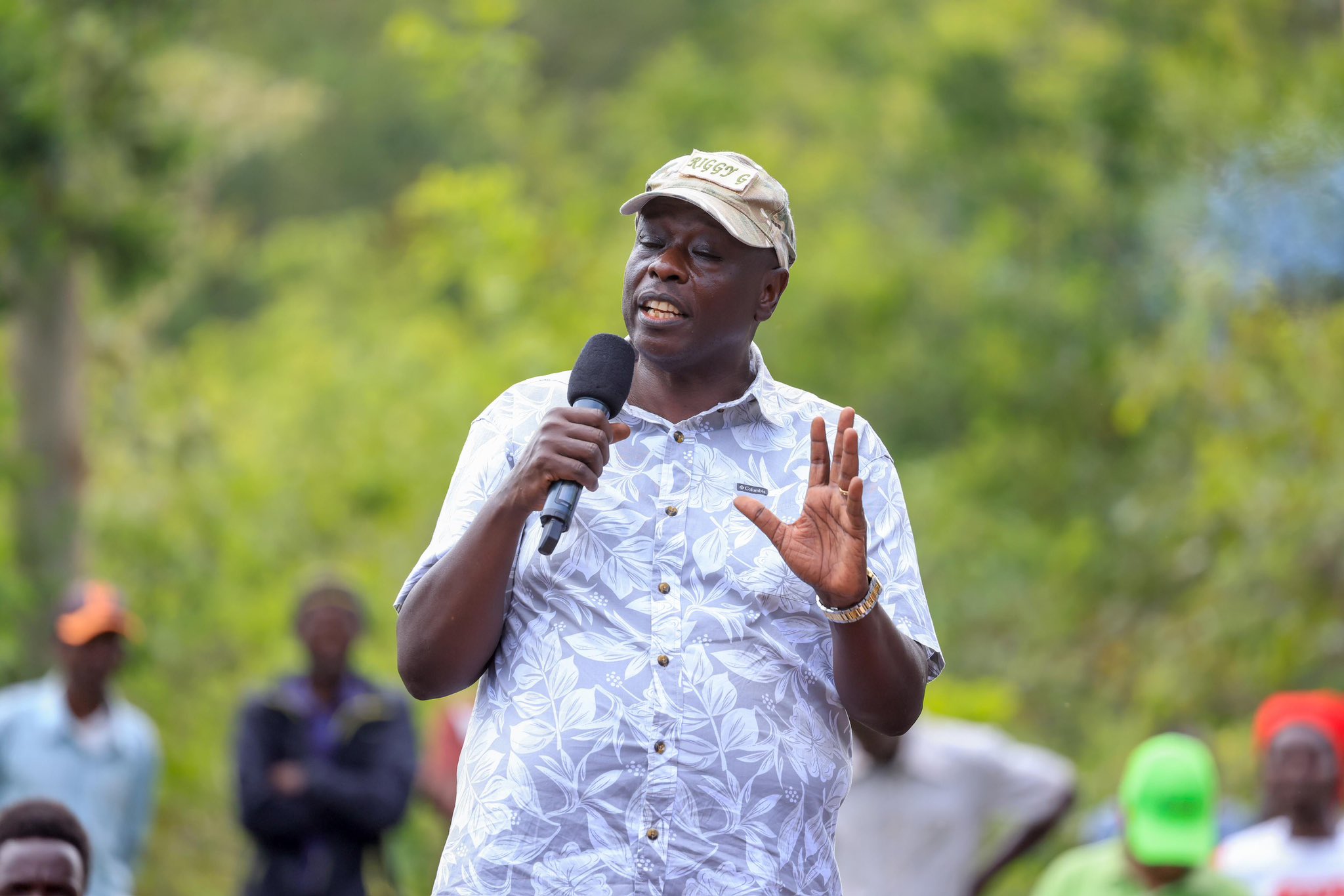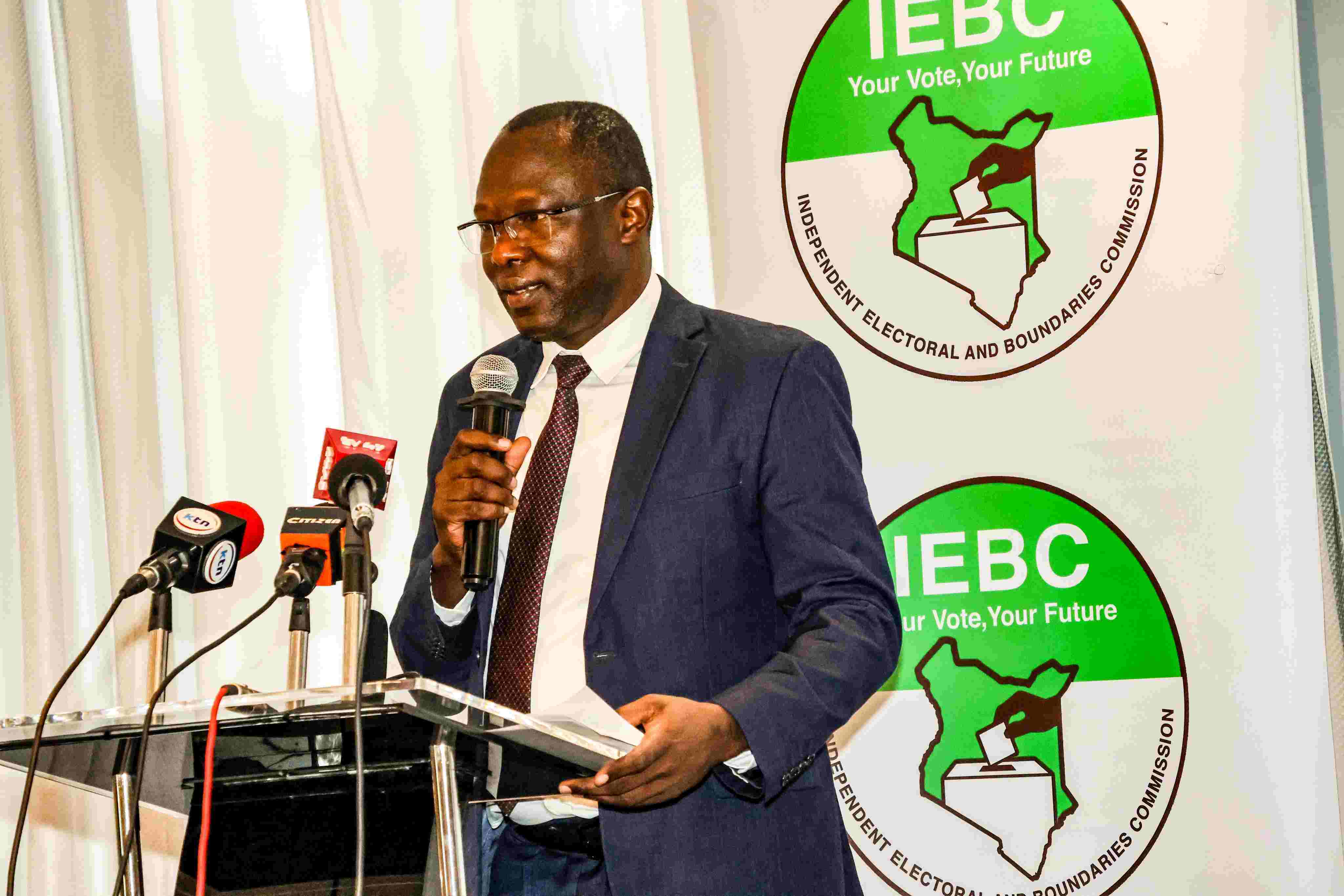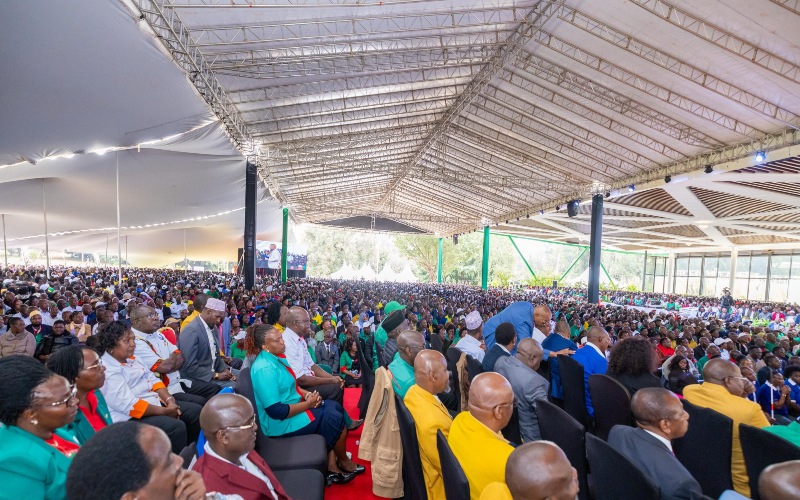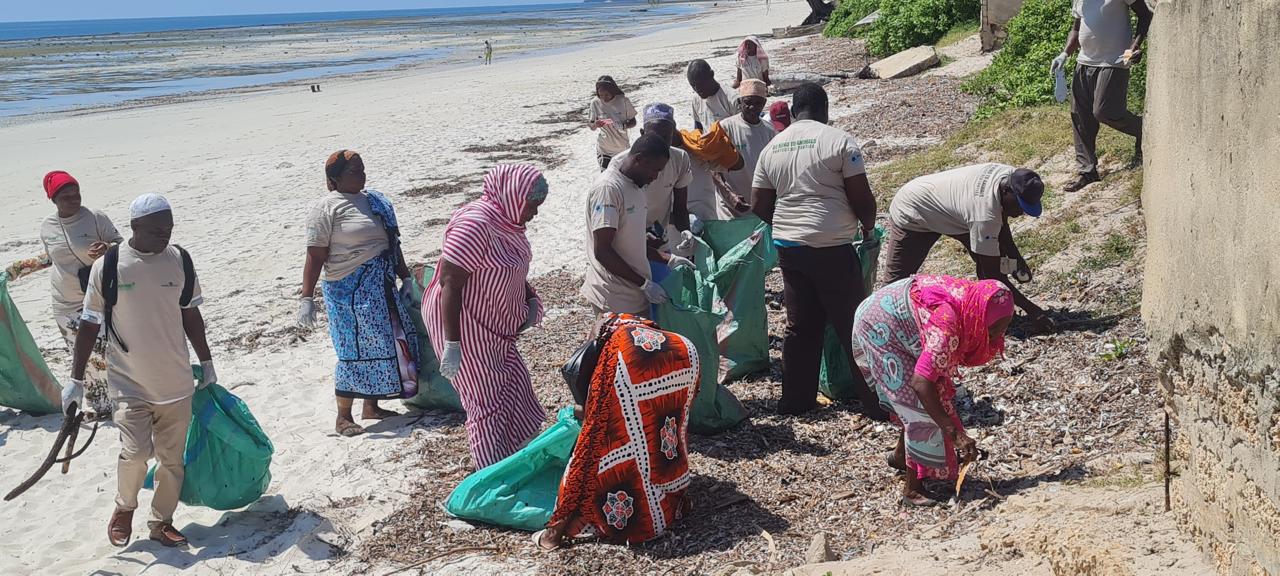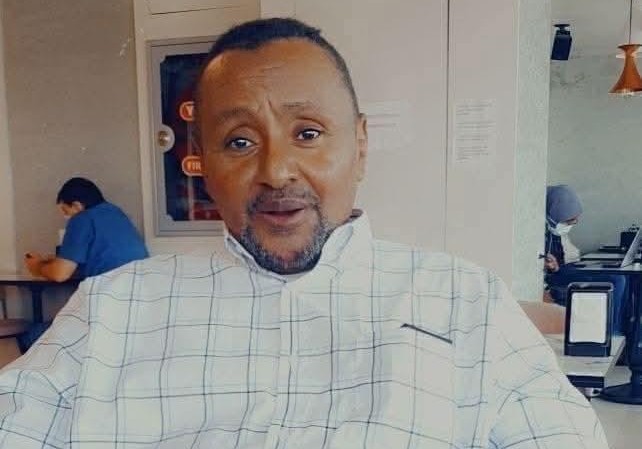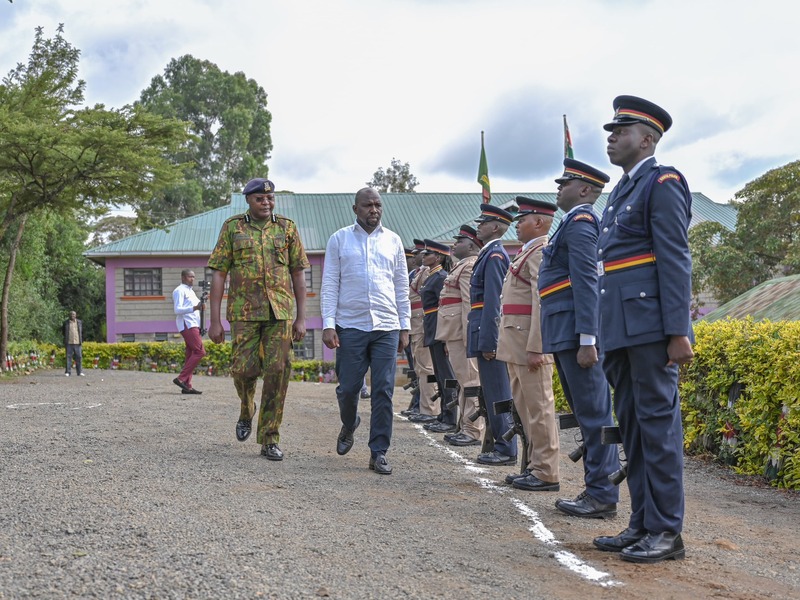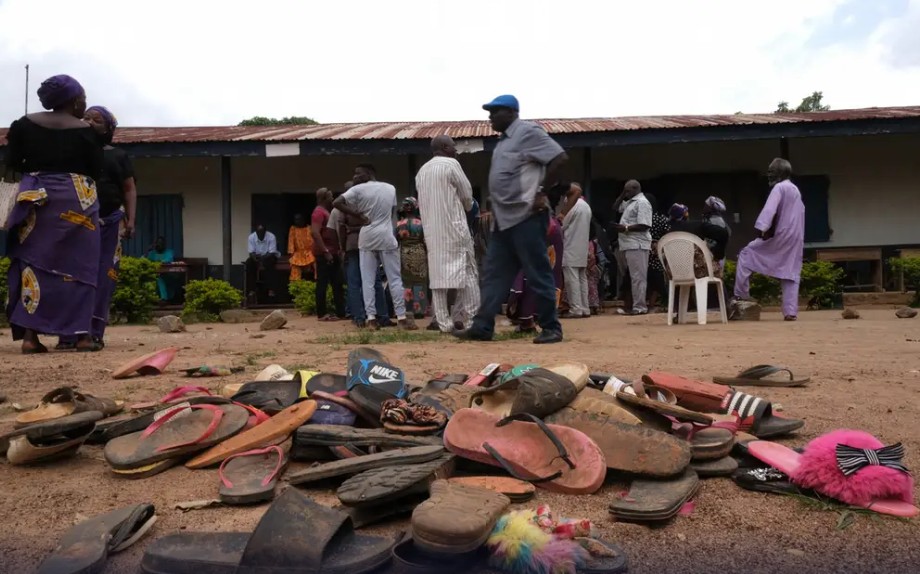Tundu Lissu: Tanzania President Samia Suluhu's likely challenger in October polls
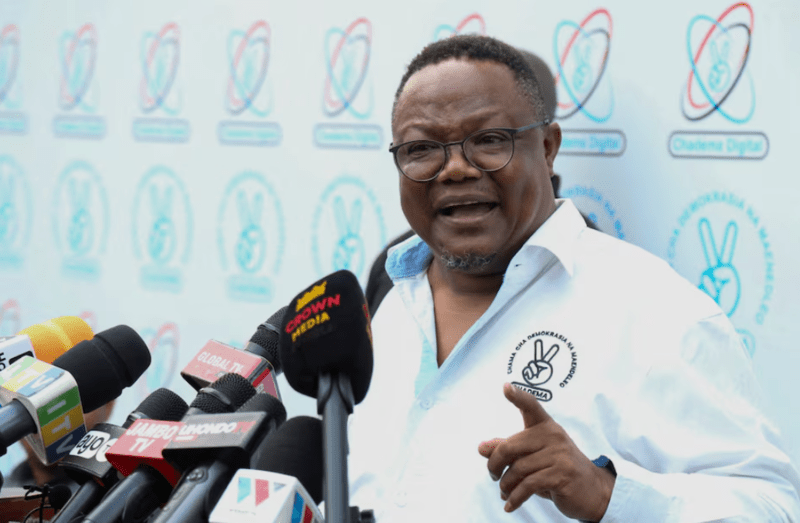
In October, Chadema will get another opportunity when Tanzanian voters go to the polls to elect their president and members of parliament.
In September 2017, gunmen sprayed Tanzanian opposition leader Tundu Lissu's car with at least 32 bullets, hitting him five times, in the stomach, arm and leg. He literally escaped death by a whisker.
Lissu's rise to the helm of the Party for Democracy and Progress, commonly known as Chama cha Demokrasia na Maendeleo (Chadema) on Wednesday defines his tortuous legacy as a human rights defender and biggest critic of President Samia Suluhu Hassan's administration.
More To Read
- Sweden to phase out bilateral cooperation with Tanzania by August 2026
- Tanzania faces mounting global pressure after bloody October election
- Tanzania pushes back on foreign criticism, cites Commission of Inquiry on election violence
- 17 diplomatic missions condemn killings, urge independent inquiry in Tanzania
- US reviews Tanzania ties after UN reports 700 post-election killings and widespread violence
- Tanzania’s opposition leader Tundu Lissu ‘isolated’ in Ukonga Prison, claims Chadema
As a vocal critic of the government who has been repeatedly arrested after run-ins with the ruling party, Chama Cha Mapinduzi (CCM), Lissu is likely to be the opponent of Samia in Tanzania’s October elections.
The outspoken former Singida East MP and the party's parliamentary chief whip, was at one time elected the president of Tanganyika Law Society with 88 per cent of the vote. The government had threatened to disband the organisation if Lissu won.
According to Peter Veit, a leading governance expert who worked with Lissu for many years, during his time as a member of parliament, the Tanzanian opposition figure represented his constituents while taking on important law-making and accountability responsibilities seriously.
Muzzling the opposition
"He has been arrested for calling the president a dictator, for accusing the government of muzzling the opposition, even for pointing out that a Tanzanian plane was confiscated in Canada because the government had failed to pay for it," said Veit.
Lissu has a long history of public interest advocacy.
As a human rights and environmental lawyer, he worked for many years with the Lawyers Environmental Action Team (LEAT), a public interest environmental law organisation.
On the other hand, his party Chadema has a long and storied history. It was founded in 1992, shortly after Tanzania adopted a multiparty system of democracy.
Despite its efforts, Chadema has yet to secure an electoral victory over CCM, which has ruled the nation since its independence in 1964.
In October, Chadema will get another opportunity when Tanzanian voters go to the polls to elect their president and members of parliament.
Not optimistic
Speaking to The Eastleigh Voice, governance expert and political analyst Javas Bigambo said he is not optimistic about Chadema's chances of winning in the upcoming election.
"Chadema is merely going to be a participant in the election. CCM will win. Rather, CCM will be declared the winner of the election. This outcome will continue until the time Tanzanians grow a backbone and push for a new democratic order through a new constitution," says Bigambo.
He avers that there is no mechanism for verification of election results to the lowest possible unit.
Presidential results, once announced, cannot be questioned or contested in court. There is also the overt intimidation of the opposition party and its members and leadership, which Bigambo says seems to be CCM’s national duty.
"The election of Lissu as the leader and flag bearer for Chadema demonstrates that members of Chadema believe in real change and democracy as compared to members of CCM. Tanzanians need to know what real change is, what it means, and stand for it," he adds.
Lissu has stressed the need for structured leadership transitions in opposition parties.
"When we began in 1993, party statutes imposed term limits. We abolished them in 2006 because the party was small and lacked sufficient leadership," Lissu said.
Restore party mechanisms
With the party having grown significantly, Lissu insists it is time to restore such mechanisms.
"We must create pathways for new blood to enter the party leadership. Only then can we generate fresh ideas and strategies," he said.
Last November, Chadema sharply criticised the handling of local elections, alleging unfair disqualification of candidates and reporting the deaths of three party members in incidents related to the polls. The ruling CCM — which secured over 98 per cent of the vote — was accused of electoral manipulation.
Samia's tenure began with optimism.
Rising to power in 2021 following the sudden death of her predecessor, John Pombe Magufuli, during the Covid-19 pandemic, she pledged to reverse many of his controversial policies.
Magufuli's tenure was marked by heavy restrictions on civil liberties and a denialism approach to the pandemic, which isolated Tanzania on the global stage. Samia appeared poised to chart a more moderate course.
Independent political analyst Lovelet Lwakatare describes Tanzania's current political situation as deeply troubling.
"There has been little tangible progress under President Suluhu," she told Deutsche Welle.
"When marginalised voices are silenced, it's a cause for concern," Lwakatare said, adding that the state's primary role is to protect its citizens.
Top Stories Today

